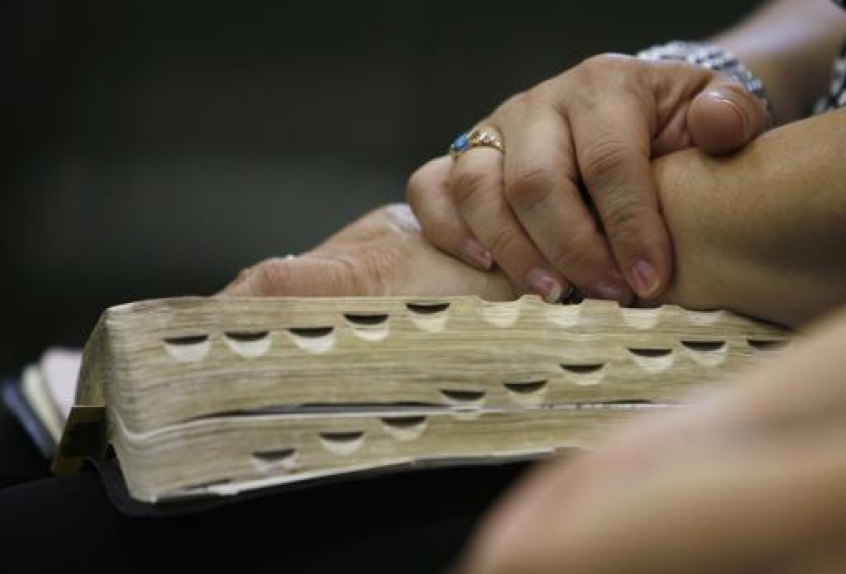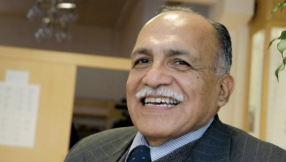
While most Americans refer to themselves as Christians, a study released Monday by Barna Group shows an upward trend in "post-Christian" beliefs and behaviours among the nation's adult population.
According to the study, which is an analysis of nearly 43,000 interviews conducted in recent years by the Ventura, Calif.-based organisation, more than 70 per cent of American adults describe themselves as Christians.
Only 63 per cent of people rank "low" on the Barna Group's post-Christian scale, however, while 28 percent are considered "moderately" post-Christian and nine percent are considered "highly" post-Christian.
The post-Christianity scale is based on 15 faith-related metrics researchers have tracked in recent years. Included in these metrics are measurements indicating the percentage of people who have not prayed to God in the last year (18 per cent), who haven't read the Bible in the last week (57 per cent), who don't consider faith an important part of their lives (13 per cent) and haven't been to a Christian church in the last year (33 per cent), among other things.
Individuals whose beliefs and behaviours matched nine or more of the 15 characteristics were labeled "post-Christian", while those who met 12 or more were labelled "highly post-Christian". David Kinnaman, president of Barna Group, explained the purpose of trying to measure the level of post-Christianity in a statement on the group's website.
"First, we wanted to expand the scope of secularisation beyond what people call themselves," said Kinnaman. "Faith-oriented self-descriptions are fine, but they are really only skin-deep in terms of understanding faith. In addition to identity, we also wanted to account for two other critical aspects of faith: belief as well as behaviour.
"For decades, our research shows the variations of asking people about faith. For example, many self-described atheists also claim to pray to a deity. Long-time churchgoers often lack basic orthodox beliefs. People who effortlessly self-describe as 'Christian' may live like practical atheists in most other parts of their lives."
The research also discovered that each generation is more post-Christian than the one that came before it. Only 28 percent of seniors (ages 67 and greater) are considered post-Christian, as compared to 35 per cent of Boomers (ages 48 to 66), 40 per cent of Busters (ages 29 to 47) and 48 per cent of Mosaics (ages 18 to 28). Kinnaman says this type of research could serve as a glimpse into the "spiritual, moral and social future" of the United States.
Other poll results published within the last few months indicate that the percentage of "nones", or those who don't affiliate with any particular religion, is also on the rise in America. These results are consistent with the trend toward post-Christianity revealed by the Barna study.
In a recent column for FoxNews.com, megachurch pastor Craig Groeschel speculated that the "nones" are not resistant to belief in God, but rather to certain religious labels that carry negative connotations.
"Peeling off the labels that cling to our reputation brings great freedom for us as individuals and as the global body of believers known as the Church," wrote Groeschel.
"Only when we push past those artificial constraints can we truly become who God created us to be."













